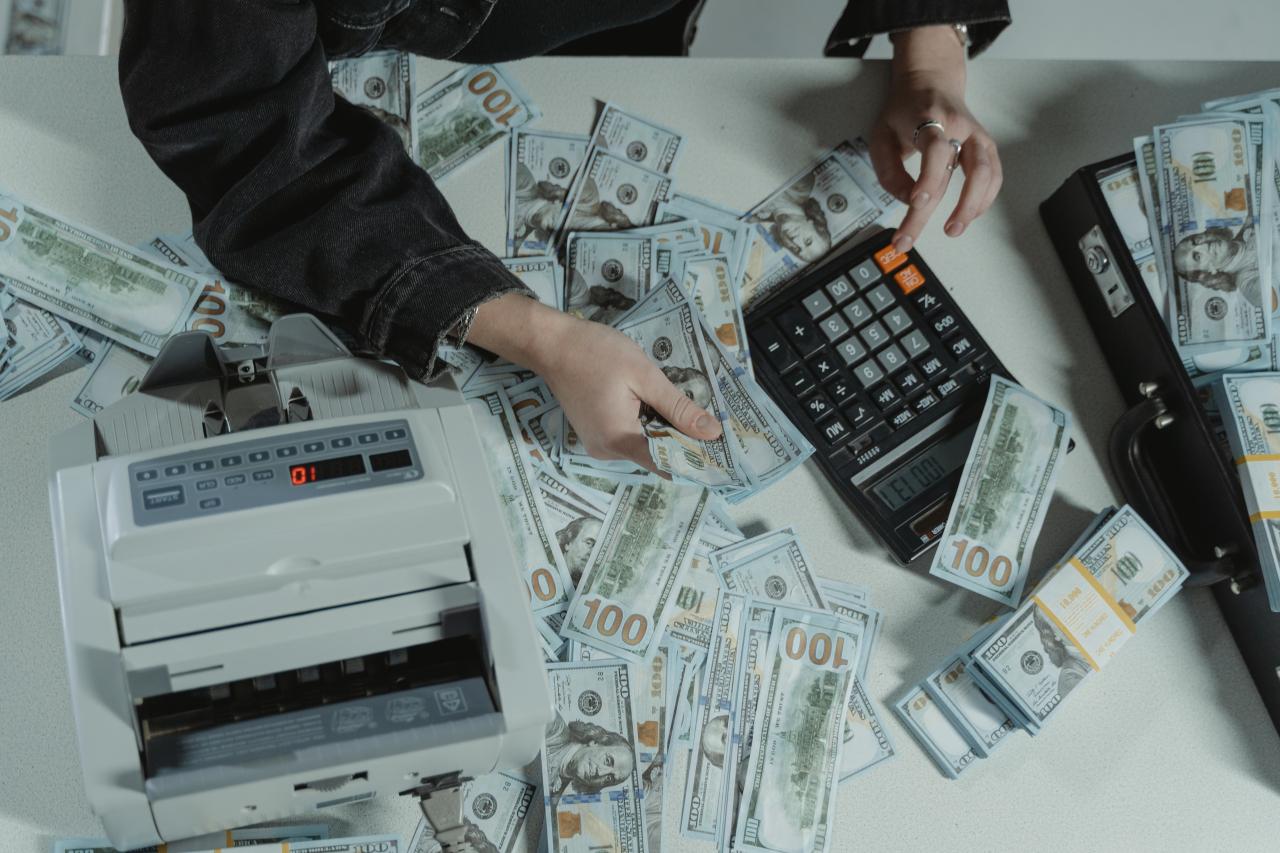Today’s world is digital, and it’s easier than ever to buy things online. From buying groceries to ordering a new MacBook Pro, our lives are increasingly taking place in cyberspace. However, as we’ve seen recently with hacks like Equifax and the infamous Yahoo breach that compromised millions of accounts, cybercriminals are always looking for ways to steal your identity and personal information.
Often these criminals aren’t just one person working alone–they’re organized groups who have been known to hack into companies’ databases for years without being detected by anyone within company leadership or security teams who should have known better beforehand. We all want to protect ourselves against hackers, but no single solution can prevent all cyberattacks 100% of the time. So how do you protect yourself from financial fraud happening? Here are some tips for staying safe online:
Make Sure Your Antivirus Is Up To Date
One of the easiest ways to prevent financial fraud is to ensure you’re using a good antivirus program. These programs are designed to protect your computer from any malicious software that might try to steal data or send it out over the internet. Be sure to update your antivirus software regularly and download the latest virus signature files so that it will catch any new viruses, spyware, or other malicious code before they can do any damage.
Never Click Attachments On Suspicious Emails
You should never open attachments or click links in suspicious emails. These are typically used to infect your computer with malware that can steal your passwords, account information, and other personal data. For example, if someone sends you an email about a purchase that you made, and it contains an attachment for something like your receipt or shipping confirmation, do not open it. The seller may have found this information from one of the many data breaches that happen every year (as discussed above), and they’re simply trying to trick you into giving them access to more information.
Check URLs Before Purchasing Anything Online
A URL is a web address, like “https://www.google.com.” This is how you navigate the internet and find websites. To check a URL before buying anything online, it’s important to know what to look for. First, check that the site name begins with “https” and not just “http.” There should also be no spaces between any letters in the URL; if there are, don’t click on that link. Lastly, ensure there aren’t any misspellings or typos in the address. Check these three things, and you’ll be good to go. You can test this by typing out a URL on your computer screen into an online search engine such as Google or Bing—they will tell you if they think it’s safe (or unsafe).
Be Wary Of Companies Offering Gift Cards If You Send Them Money
When you’re on the receiving end of fraud, it can be hard to know what to do. Here are five steps for recovering from identity theft:
- Contact all three credit bureaus and obtain a copy of your credit report. If there are any discrepancies, correct them as soon as possible. It’s also important that you notify creditors and companies whose accounts have been compromised so they can alert others who may have attempted to access your accounts.
- Monitor your accounts regularly for suspicious activity or changes in billing statements. This will help prevent future fraudulent charges from being made without your knowledge.
Use A Trusted, Secure VPN While Shopping Online.
Using a virtual private network (VPN) while shopping online is important to protect yourself from fraud. Not only can VPNs encrypt your data, but they can help guard your identity and keep other kinds of malware at bay.
A VPN is a service that acts like a tunnel between you and the web, preventing hackers or malicious software from getting access to what you’re doing online. It also gives you an IP address different from the one provided by your ISP, which means it’s harder for third parties to track where you are or what kind of information they’re accessing about you.
Additionally, if someone does manage to sneak onto your device through some other route—say through malware—a VPN will still prevent them from seeing sensitive information like credit card numbers since those would be encrypted by default.
Cover Your Webcam When Not In Use With A Sticker Or Tape
Cover it with a sticker or tape when you’re not using your webcam. That way, no one can take pictures of you without your knowledge. Don’t use tape that will damage the camera or leave residue behind; don’t use tape that others can see if they look closely at your computer (or laptop).
Never Share Personal Information Over The Phone
Government agencies will never call you asking for personal information. If you receive a call like this, hang up immediately. Then report it to either the FTC or your state Attorney General.
Always Use Two-Factor Authentication If Available
It’s important. Two-factor authentication (or “2FA” for short) is a security measure that requires two pieces of information to log in–typically, both your password and a code sent to you via text message. This means that even if someone could steal your password, they wouldn’t be able to access your account without having access to your phone.
Many banks and credit card companies are offering this service for free, so take advantage of it if it’s available.

